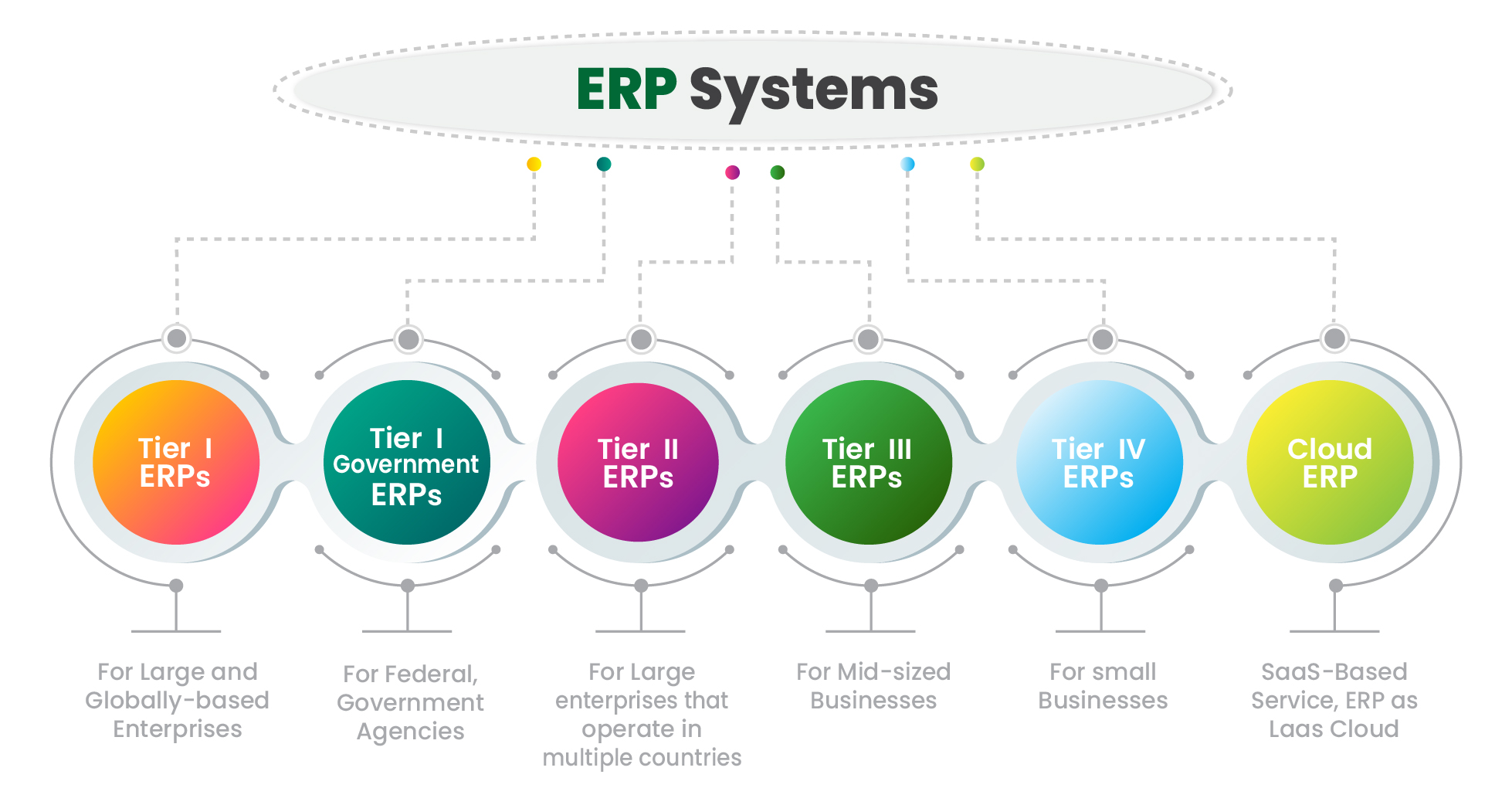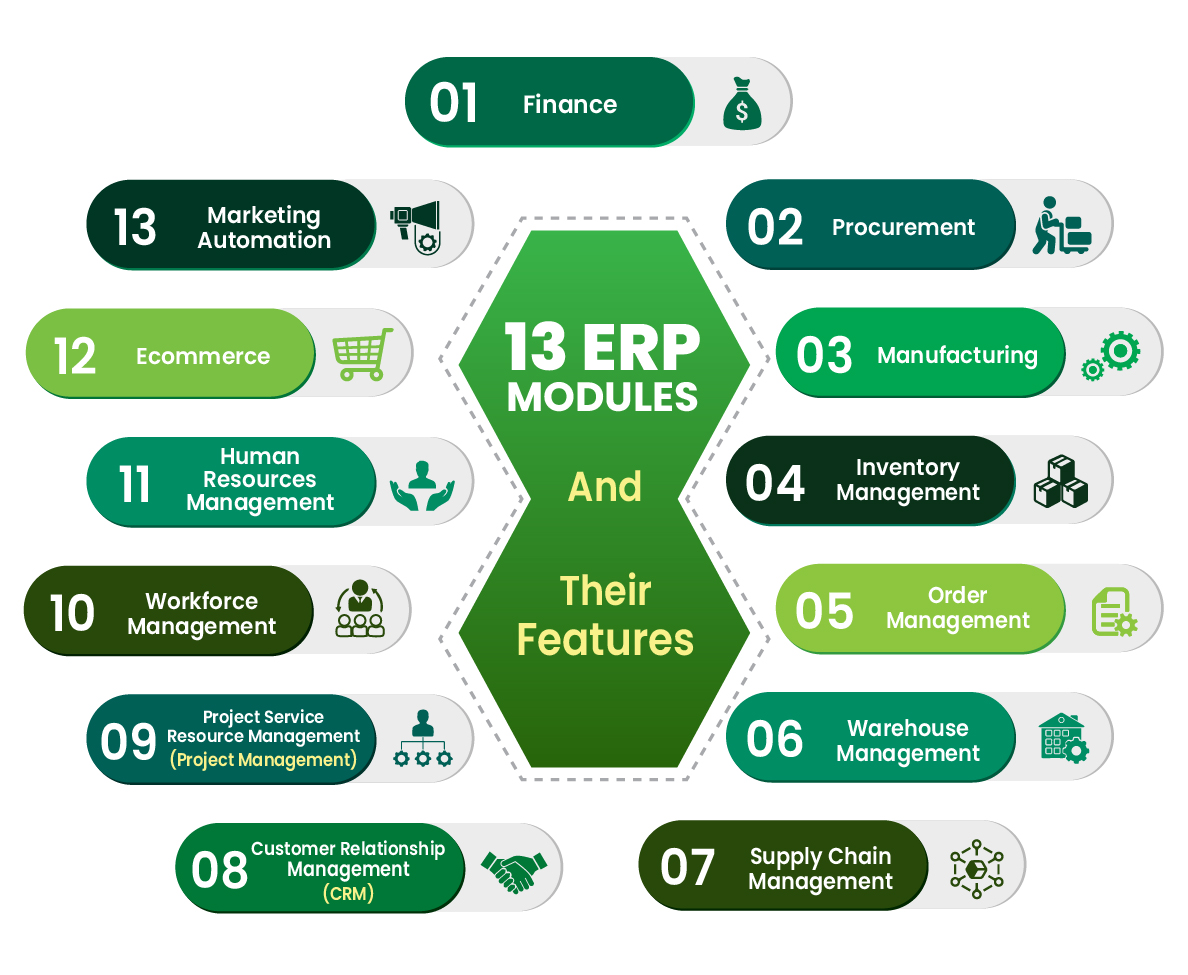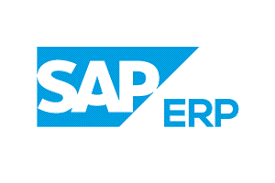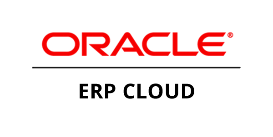Enterprise Resource Planning (ERP) is an application that automates business processes, and produces perceptions and internal controls, drawing on a central database that assembles data from departments including accounting, manufacturing, supply chain, sales, marketing, and human resources.
ERP systems have become indispensable for businesses looking to use resources intelligently. ERP can facilitate leaders reallocate human and financial capital or build more efficient processes that save money without sacrificing on quality or performance.
An ERP is also an asset when it comes to planning and coordination. Employees can see current available inventory and customer orders in detail, then compare supplier purchase orders and forecasted future demand. If necessary, they can make adjustments to head off problems. ERP software improves communication and collaboration, workers can check on the status of other departments to guide their own decisions.
As a comprehensive source of data, an ERP system also provides a multitude of reports and analytics that can be a catalyst for the business. Converting a massive repository of information into visual aids that clearly exemplify trends and help model promising results is an ERP capability that executives find indispensable.














 76% Operational efficiency
76% Operational efficiency




















